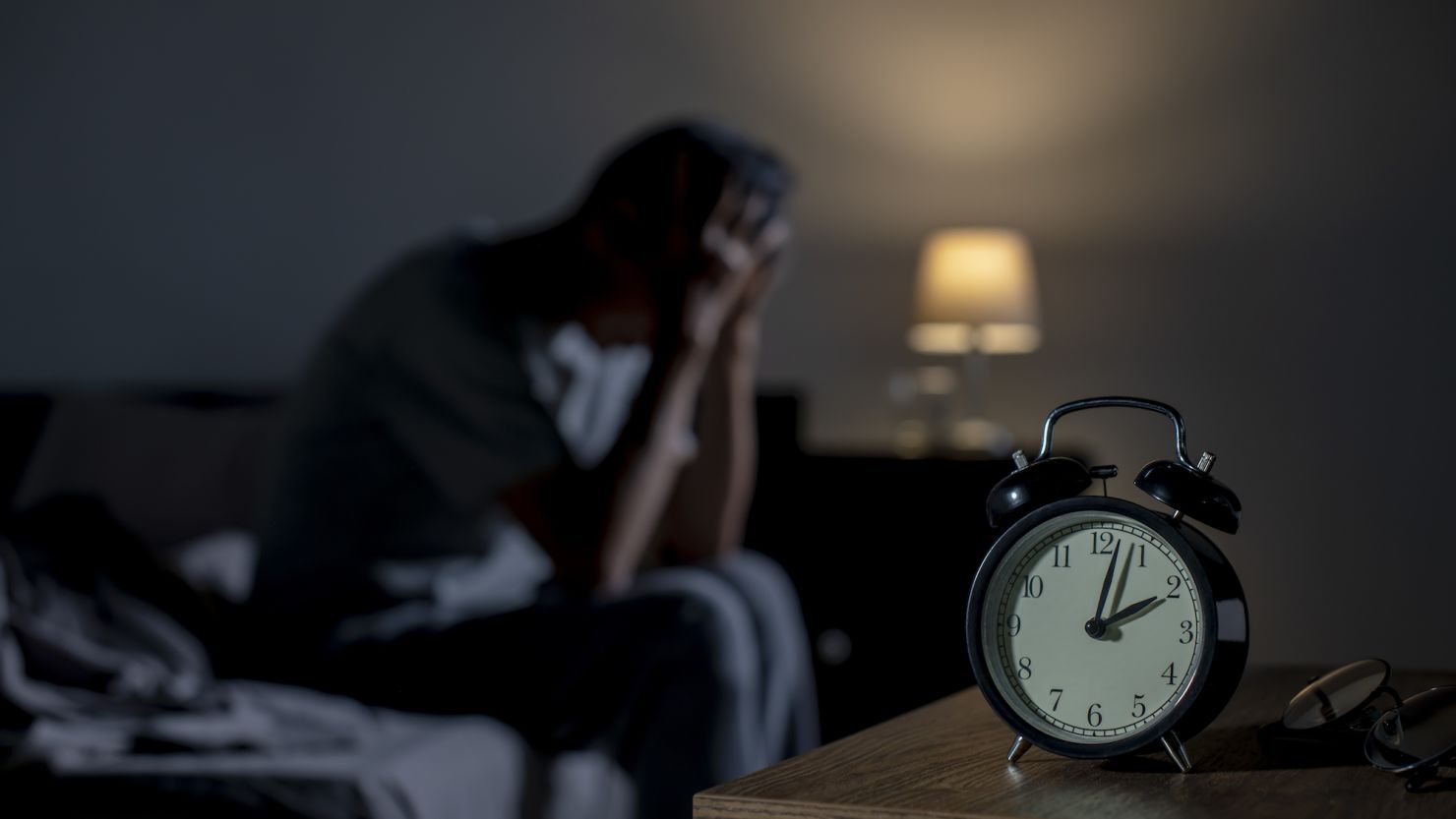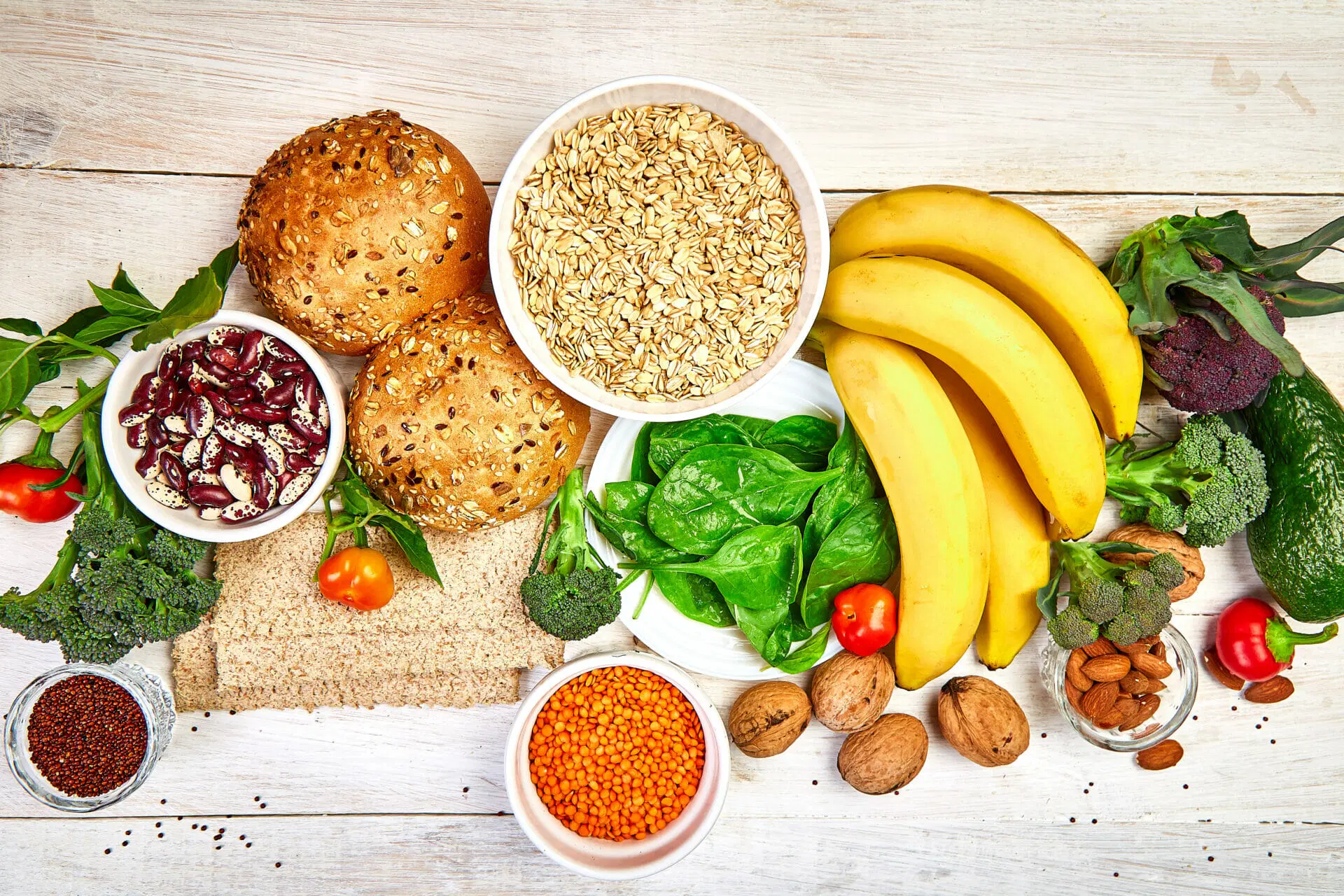
Potential Post-Surgery Complications – Why Surgery Should Be a Last Resort
- Reflux Gastritis
Weakened digestion due to less concentrated bile can lead to bloating and bile reflux, causing gastritis if high-fat foods are consumed. - Increased Risk of Colon Cancer
Studies suggest a higher chance of colon cancer after gallbladder removal, possibly due to an increase in secondary bile acids irritating the colon. - Common Bile Duct Stones
Without the gallbladder, pressure on the common bile duct rises, potentially leading to its dilation and bile stagnation, which increases the risk of stone formation.
Recommended Diet After Gallbladder Removal
- Easily Digestible Foods
In the early recovery stage, light meals such as lotus root starch or egg custard can ease digestive strain while supplying energy. - High-Quality Protein
For wound healing and recovery, proteins from eggs, milk, fish, beef, or shrimp are ideal. - Whole Grains and Nuts
Foods like peanuts, walnuts, and sunflower seeds boost immunity, but should be consumed unprocessed to avoid digestive burden. Peanuts are especially helpful in nourishing the stomach.

Post-Surgery Recovery and Discharge
Most patients are discharged within one to three days following laparoscopic gallbladder removal. Doctors monitor recovery by checking pain levels, wound healing, and food tolerance. Once patients can eat, move, and urinate normally, they’re typically cleared to go home.
Conclusion
After discharge, it’s essential to avoid smoking, alcohol, and late nights. Stick to a light, easily digestible diet and engage in gentle physical activity. With proper care, most people can gradually return to their normal diet within three months.

Potential Post-Surgery Complications – Why Surgery Should Be a Last Resort
- Reflux Gastritis
Weakened digestion due to less concentrated bile can lead to bloating and bile reflux, causing gastritis if high-fat foods are consumed. - Increased Risk of Colon Cancer
Studies suggest a higher chance of colon cancer after gallbladder removal, possibly due to an increase in secondary bile acids irritating the colon. - Common Bile Duct Stones
Without the gallbladder, pressure on the common bile duct rises, potentially leading to its dilation and bile stagnation, which increases the risk of stone formation.
Recommended Diet After Gallbladder Removal
- Easily Digestible Foods
In the early recovery stage, light meals such as lotus root starch or egg custard can ease digestive strain while supplying energy. - High-Quality Protein
For wound healing and recovery, proteins from eggs, milk, fish, beef, or shrimp are ideal. - Whole Grains and Nuts
Foods like peanuts, walnuts, and sunflower seeds boost immunity, but should be consumed unprocessed to avoid digestive burden. Peanuts are especially helpful in nourishing the stomach.

Post-Surgery Recovery and Discharge
Most patients are discharged within one to three days following laparoscopic gallbladder removal. Doctors monitor recovery by checking pain levels, wound healing, and food tolerance. Once patients can eat, move, and urinate normally, they’re typically cleared to go home.
Conclusion
After discharge, it’s essential to avoid smoking, alcohol, and late nights. Stick to a light, easily digestible diet and engage in gentle physical activity. With proper care, most people can gradually return to their normal diet within three months.

